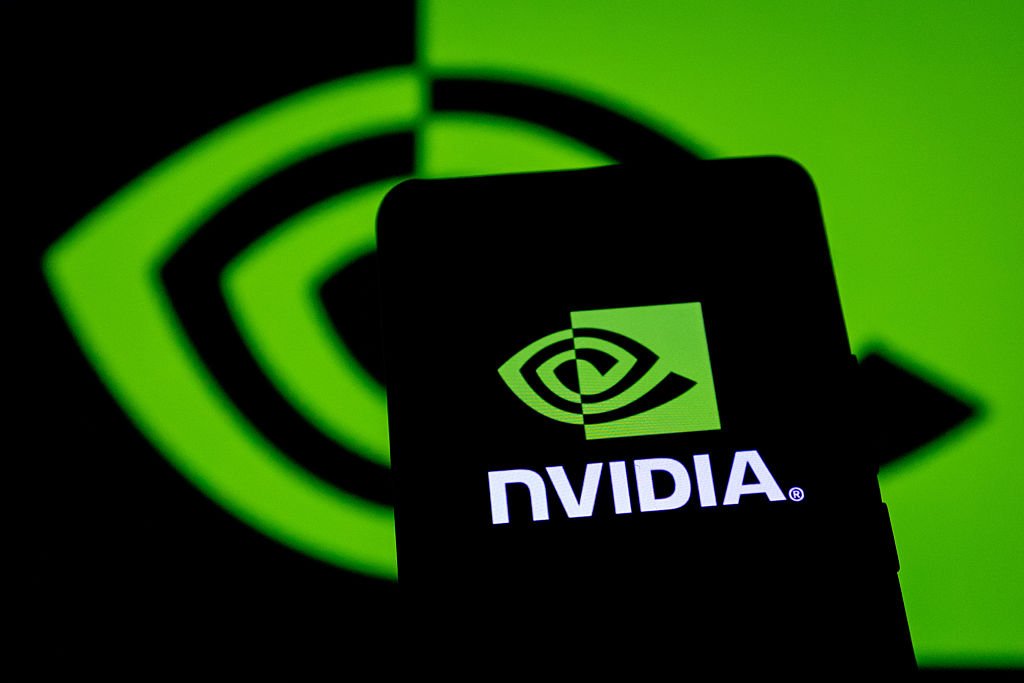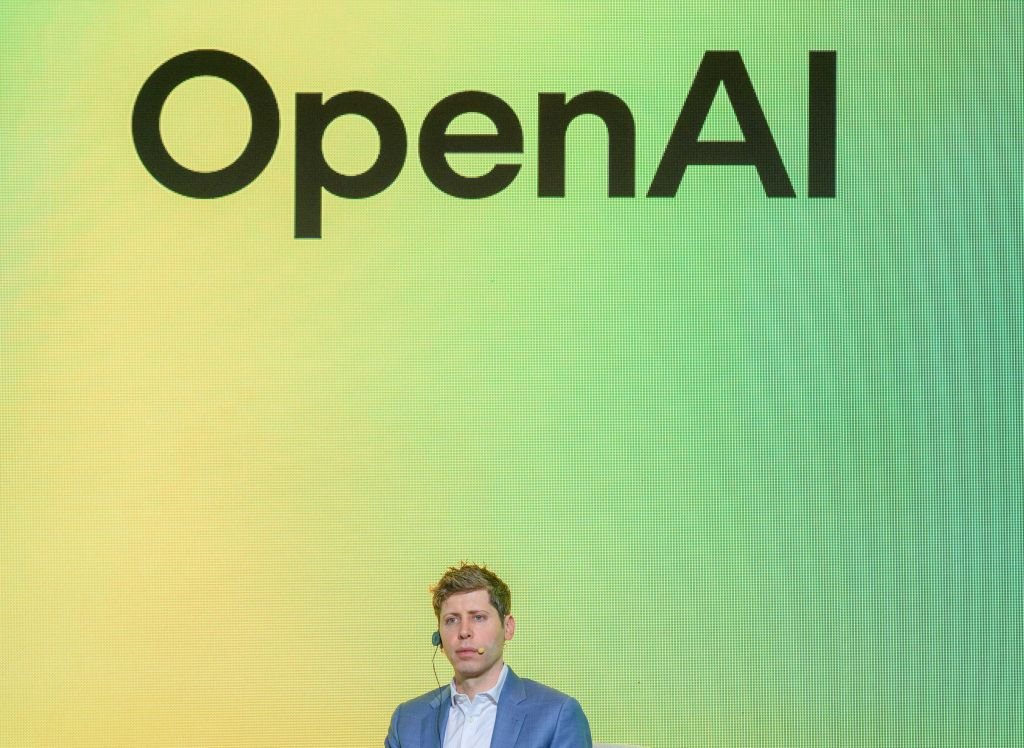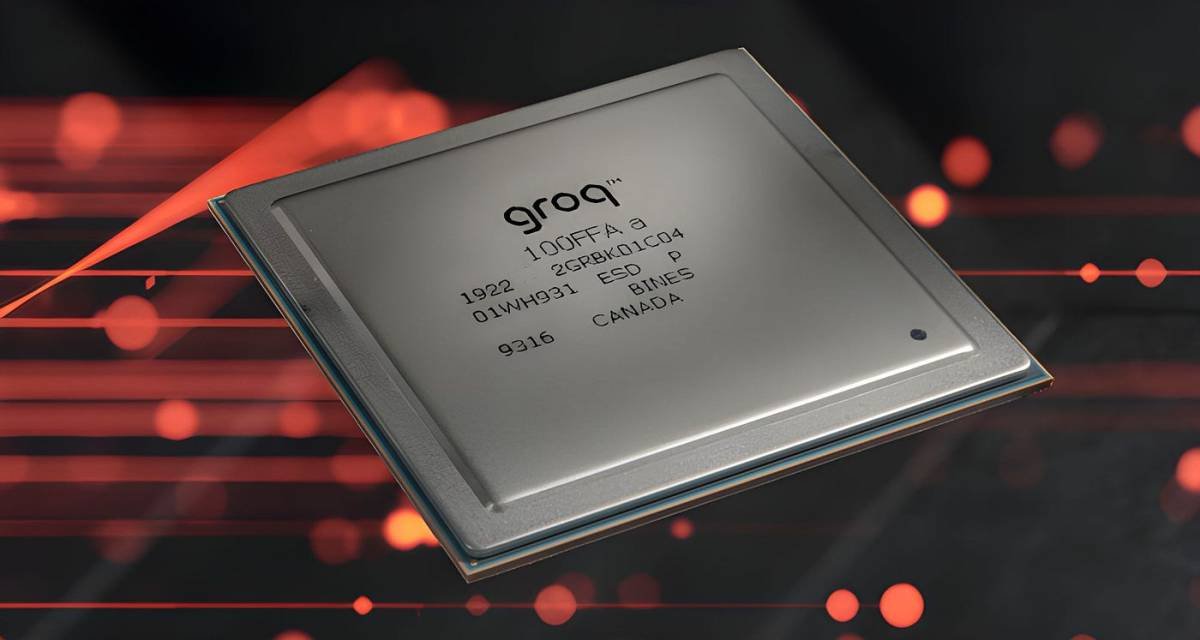Elon Musk Seeks Up to $134 Billion in Damages from OpenAI and Microsoft
Elon Musk is demanding a staggering $79 billion to $134 billion in damages from OpenAI and Microsoft, alleging that the AI company misled him by abandoning its nonprofit mission. Bloomberg first reported the details. The hefty figure stems from expert witness C. Paul Wazzan, a financial economist with extensive experience testifying in complex commercial litigation.
Expert Valuation Points to Musk’s Entitlement
Wazzan, specializing in valuation and damages calculations, has determined that Musk could be entitled to a significant portion of OpenAI’s estimated $500 billion valuation, based on his initial $38 million seed donation when he co-founded the startup in 2015. This asserts a remarkable 3,500-fold return on Musk’s investment.
Calculating the Wrongful Gains: OpenAI and Microsoft
Combining Musk’s financial contributions with his technical expertise and initial business support, Wazzan computes the wrongful gains to be between $65.5 billion to $109.4 billion for OpenAI and $13.3 billion to $25.1 billion for Microsoft, which holds a 27% stake in the company.
A Legal Battle Beyond Financial Gain
Musk’s legal representatives assert he deserves compensation akin to that of a pioneering startup investor, expecting returns “many orders of magnitude greater” than his initial contribution. However, the magnitude of the damages sought suggests that this lawsuit transcends mere financial compensation.
Musk’s Wealth: The World’s Richest Person
Currently, Musk’s personal fortune is approximately $700 billion, rendering him the richest individual globally. As noted by Reuters recently, Musk’s wealth surpasses that of Google co-founder Larry Page by $500 billion, according to Forbes. In November, Tesla shareholders approved a historic $1 trillion pay package for Musk.
OpenAI’s Response: Allegations of Harassment
In this context, even a potential $134 billion payout would be a mere drop in the bucket for Musk. OpenAI has characterized the lawsuit as part of an “ongoing pattern of harassment” rather than a valid financial claim. Recently, OpenAI warned investors that Musk will likely make “deliberately outlandish, attention-grabbing claims” as the trial approaches in April. The case is set to be heard in Oakland, California, approximately 15 miles east of San Francisco.
Here are five FAQs based on the topic of Elon Musk’s lawsuit against OpenAI:
FAQ 1: Why is Elon Musk suing OpenAI?
Answer: Elon Musk is suing OpenAI due to claimed damages related to competitive practices and alleged misuse of proprietary technology. He seeks up to $134 billion, arguing that OpenAI’s actions have negatively impacted his own ventures in artificial intelligence.
FAQ 2: What is Elon Musk’s connection to OpenAI?
Answer: Elon Musk was one of the co-founders of OpenAI and initially supported its mission to advance artificial intelligence safely. However, he has since expressed concerns about the organization’s direction and governance, leading to his legal action.
FAQ 3: How does Musk’s personal fortune relate to the lawsuit?
Answer: Despite Musk’s substantial fortune, estimated at around $700 billion, he claims the damages incurred due to OpenAI’s practices merit a significant financial recompense of up to $134 billion. This highlights the perceived seriousness of the grievances he has against the company.
FAQ 4: What implications could this lawsuit have for the AI industry?
Answer: The outcome of Musk’s lawsuit could set a precedent regarding intellectual property rights and competitive practices in the AI industry, potentially influencing how companies collaborate and interact in the rapidly evolving tech landscape.
FAQ 5: How are OpenAI and Musk responding to the lawsuit?
Answer: As legal matters are ongoing, both parties have yet to make substantial public comments. OpenAI is likely to defend its practices vigorously, while Musk may further elaborate on his claims as the case progresses.










